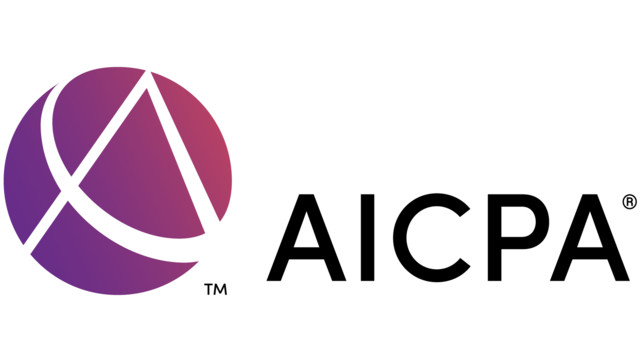Accounting
AICPA Updates Digital Assets Practice Aid
This free, comprehensive practice aid is regularly updated to keep practitioners informed of the rapidly evolving digital assets landscape, enabling them to adapt to changes effectively.
Aug. 03, 2023

The American Institute of CPAs, representing AICPA & CIMA, has updated its practice aid for accounting and auditing of digital assets, with added material on auditing. This free, comprehensive practice aid is regularly updated to keep practitioners informed of the rapidly evolving digital assets landscape, enabling them to adapt to changes effectively.
The practice aid, Accounting For and Auditing of Digital Assets, is intended to provide nonauthoritative guidance on how to account for and audit digital assets under U.S. generally accepted accounting principles (GAAP) for nongovernmental entities and generally accepted auditing standards (GAAS), respectively. Practitioners who prepare financial statements and auditors with a fundamental knowledge of blockchain technology will find the guidance most useful.
A new chapter, “Considerations of an entity’s use of a service organization,” addresses the common challenges that arise when performing an audit for an entity using third-party service organizations. Many organizations do not possess the necessary technological capabilities or the competencies to transact in, safeguard or even account for digital assets themselves, at which point they turn to service organizations to perform those functions.
AU Chapter 4 also addresses issues surrounding System and Organization Controls (SOC) reports, such as guidance around assessing whether a SOC report is sufficient for the needs of the audit.
The practice aid addresses other key challenges for auditors that may create risk, including:
- Recruiting, developing and retaining talent with digital asset and blockchain expertise in a highly competitive market;
- Identifying any noncompliance with procedures surrounding know-your-customer or anti-money-laundering regulations that may present considerable reputational and business risks for an entity; and
- Determining the level of interaction between an entity and a third-party custodian that stores digital assets on behalf of an entity.
“The digital asset landscape is constantly evolving,” said Amy Steele, Chair of the Auditing subgroup, and Audit & Assurance Partner at Deloitte & Touche LLP. “As auditors, we recognize how important it is to consider the implications of blockchain use cases on financial reporting and internal controls. I am immensely proud of the diligent work our working group has put into developing this practice aid, which provides invaluable guidance to public practitioners in the digital assets space.”
The Digital Assets Working Group is a joint working group under the Financial Reporting Executive Committee (FinREC) and the Assurance Services Executive Committee (ASEC), which consists of the Accounting Subgroup and Auditing Subgroup. Together, these subgroups contribute expert insights from industry leaders and the AICPA to address considerations related to the prevalent risks in the digital asset space. With suggested audit procedures focused on the most common transactions seen today, the practice aid equips professionals to meet the challenges presented by the evolving digital asset ecosystem.
Download the Digital Assets practice aid and explore other AICPA resources for blockchain and digital asset accounting and auditing at these links.
